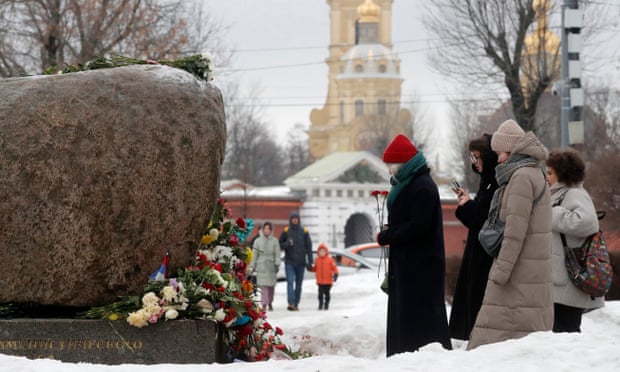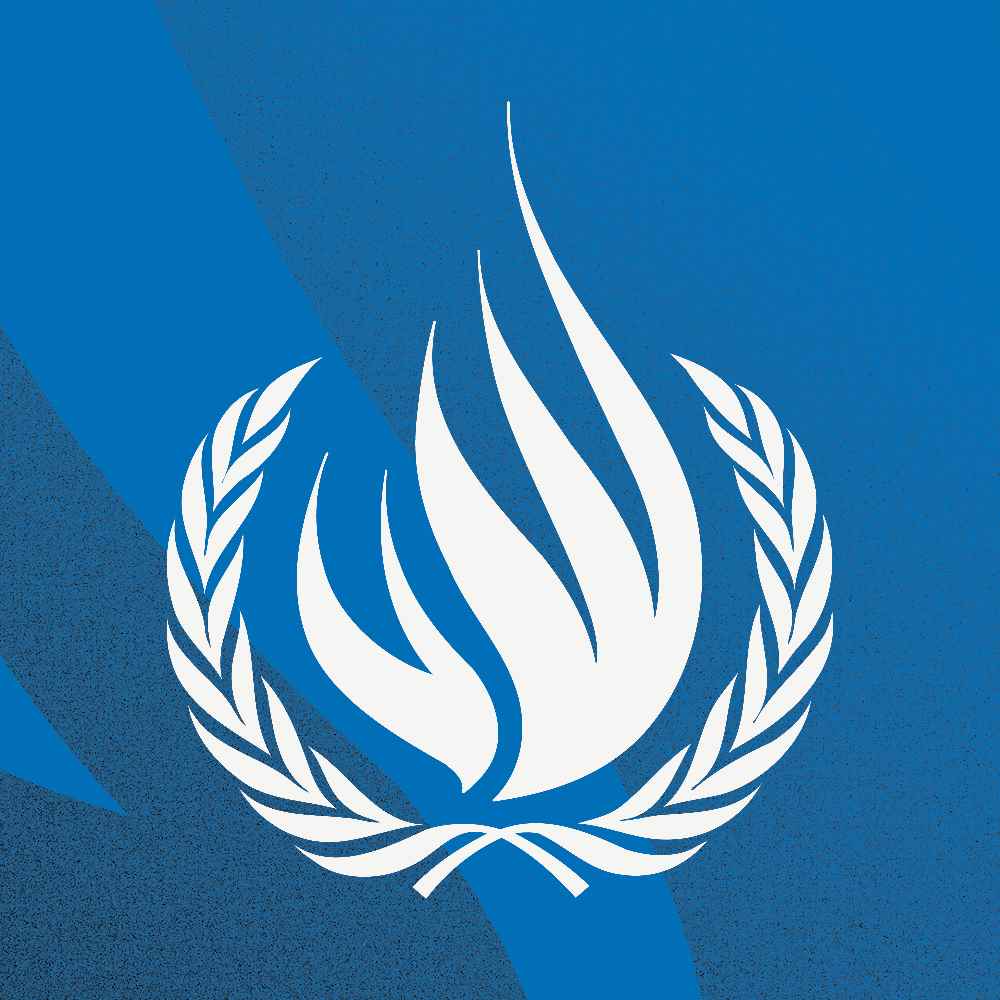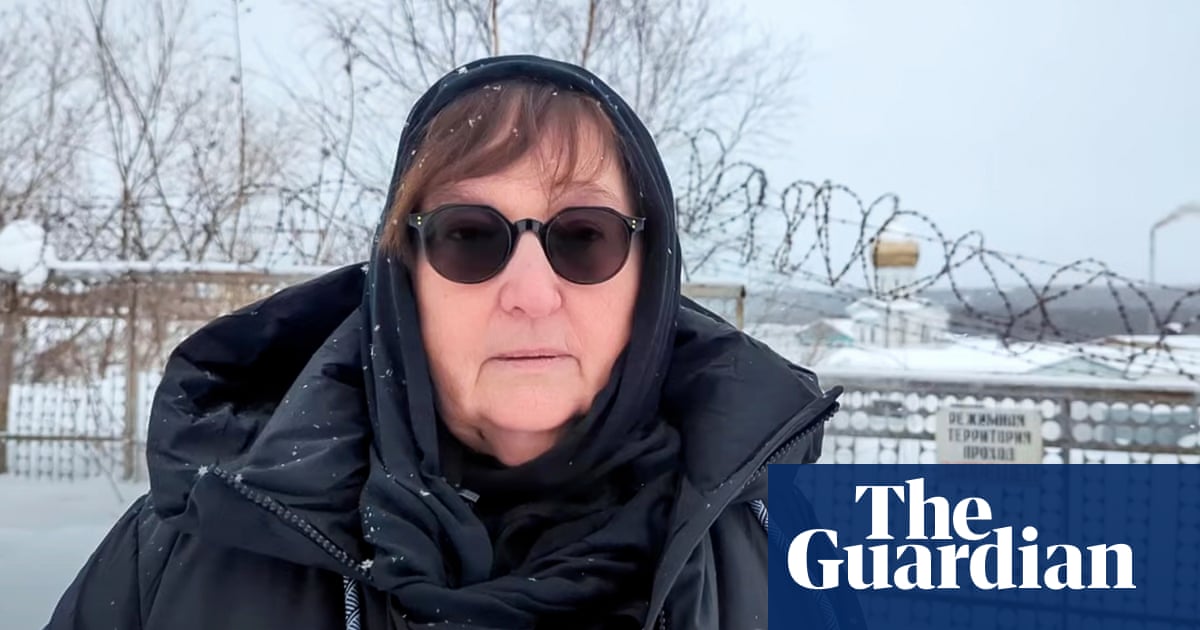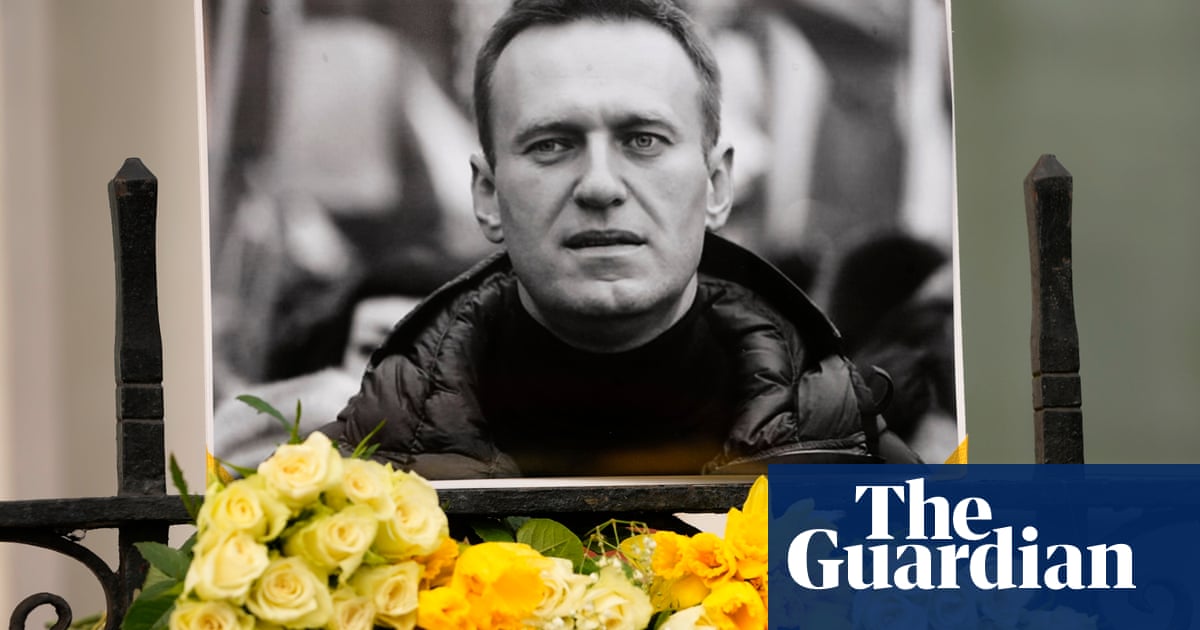
Amnesty International has apologized to the jailed Kremlin critic Alexei Navalny for stripping him of its “prisoner of conscience” status and said it would restore the designation.
Amnesty announced on 24 February that it would stop referring to Russia’s most prominent opposition activist as a prisoner of conscience on the grounds that in the past he had made comments that qualified as advocacy of hatred.
“Following careful evaluation Amnesty International has decided to re-designate Alexei Navalny as a ‘Prisoner of Conscience’,” it said in a statement emailed to Reuters.
Amnesty said the Russian government and its supporters had used the 24 February decision to further violate the rights of Navalny, a vocal critic of President Vladimir Putin.
The 44-year-old Russian opposition politician was arrested in January and sentenced to jail for parole violations he called trumped up.
“Amnesty International made a wrong decision ... and apologizes for the negative impacts this has had on Alexei Navalny personally, and the activists in Russia and around the world who tirelessly campaign for his freedom,” it said.
Leonid Volkov, Navalny’s chief of staff, said on Twitter that “the ability to recognize mistakes and move on is the most important thing that distinguishes normal people from Putins”.
The Russian government was closed for a national holiday.
Navalny has been criticized for past nationalist statements against illegal immigration and for attending an annual nationalist march several years ago.
Amnesty said it had reviewed its process for naming people as prisoners of conscience and would no longer remove the designation solely based on their past conduct.
“Some of Navalny’s previous statements are reprehensible and we do not condone them in the slightest … by confirming Navalny’s status as (a) prisoner of conscience, we are not endorsing his political program, but are highlighting the urgent need for his rights,” it said.
Navalny was arrested shortly after returning from Germany, where he received treatment for novichok poisoning that he and the investigative collective Bellingcat have traced back to the FSB.
He recently went on a 24-day hunger strike to demand proper medical treatment for back pain and numbness in his legs and hands.












